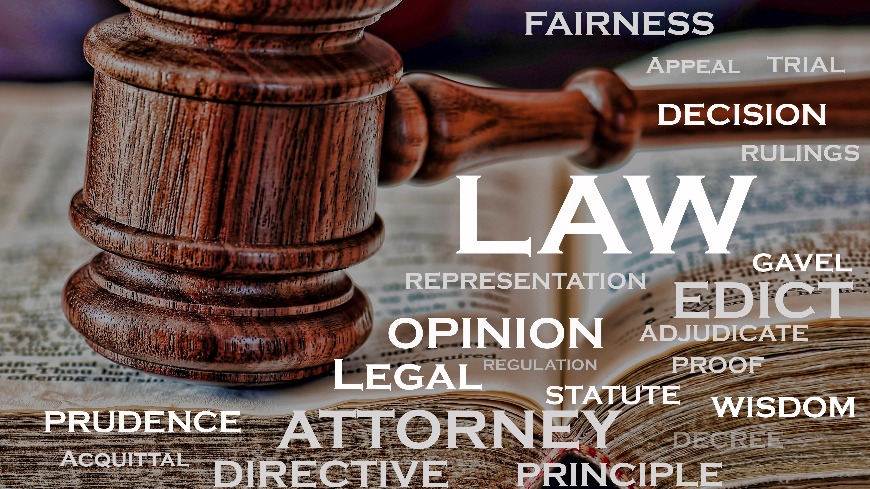The analysis examined the law’s alignment with the Council of Europe standards and European Union Directives, focusing on victim-centred approach and the effective delivery of support to victims of crimes.
Key aspects of the analysis include the provision of financial compensation to victims of crimes as so far there have been no cases of financial compensation to victims compared to applications for other services guaranteed by the law. This situation underlines the importance of reviewing and improving the compensation mechanism for victims of crimes.
In response to these findings, the Council of Europe has recommended several important reforms to improve the law. First, it suggests clarifying and expanding the principles that underlie victim rehabilitation, including non-discrimination, confidentiality, inclusion, accessibility, and individualised support tailored to the victim’s specific needs and vulnerabilities. Special emphasis should also be placed on prioritising the best interests of children involved.
The introduction of the concept of restorative justice is recommended to ensure that the law focuses on addressing the needs and interests of victims rather than purely focusing on retribution. Moreover, the definition of “victim” should be broadened to include not only direct victims but also close family members, such as extended relatives, cohabitants, and civil partners, thereby ensuring that both direct and indirect victims are eligible for support based on the type of harm they have experienced.
The legal opinion also emphasizes the need to simplify the process for victims to access services. Eligibility could be determined based on self-declaration in urgent situations, while local social assistance structures should be empowered to assess victims’ needs and grant them access to necessary support services. Additionally, the law should guarantee access to psychological assistance for victims who are not formally involved in criminal proceedings, as well as their close family members, regardless of whether they have reported the crime or participated in legal processes.
For vulnerable groups, such as victims of human trafficking, domestic violence, sexual crimes, and individuals with disabilities, the recommendations call for unconditional access to state-guaranteed legal assistance and psychological counselling. It also recommends that financial compensation and legal assistance be made available to all victims of crimes, regardless of their legal status in the Republic Moldova at the time the crime was committed.
Furthermore, the development of a regulatory framework governing psychological assistance and the profession of psychologists is proposed, ensuring the licensing and accreditation of professionals to provide high-quality support for victims. Lastly, the process for victims to claim compensation should be streamlined by removing unnecessary documentary requirements. Authorities should be empowered to obtain necessary documentation electronically to ease the burden on victims seeking compensation.
These legislative changes aim to bring the Republic of Moldova’s framework for the rehabilitation of crime victims in closer alignment with European best practices, ensuring that victims receive the comprehensive support they need to recover.
The full text of the legal analysis can be downloaded here.
The legal analysis has been prepared within the framework of the Council of Europe project “Strengthening the human rights compliant criminal justice system in the Republic of Moldova”, which is part of the Council of Europe Action Plan for the Republic of Moldova for 2021-2024.





